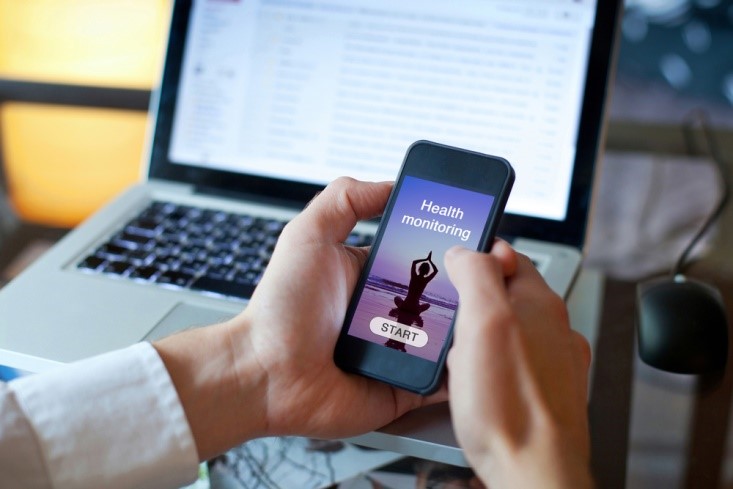Jun 9
2016
BYOD and eCOA: A Match Made in Heaven?
 Ask anyone involved in the world of clinical trials about the biggest trend facing the industry, undoubtedly they will say “BYOD.” The idea of allowing patients to use their own mobile devices to report data related to their trial participation isn’t necessarily a new one, but with more people using smartphones and tablets than ever before, it’s moved to the forefront of discussions about the best way to manage eCOA data collection.
Ask anyone involved in the world of clinical trials about the biggest trend facing the industry, undoubtedly they will say “BYOD.” The idea of allowing patients to use their own mobile devices to report data related to their trial participation isn’t necessarily a new one, but with more people using smartphones and tablets than ever before, it’s moved to the forefront of discussions about the best way to manage eCOA data collection.
Why BYOD Is Gaining Traction
On the surface, incorporating BYOD into eCOA seems like a perfect, and obvious, solution. Using dedicated applications on devices that they already own and are familiar with — and most likely have on them most of the time — they can enter data easily, and in real time. The benefits don’t end there, either.
Cost — One of the most significant cost centers for clinical trials, accounting for about a third of the costs of clinical trials, is reporting. More specifically, those costs are incurred in the provisioning of devices for study participants to use in reporting their data. With BYOD, those costs are reduced significantly.
Improved Engagement and Compliance — BYOD in clinical trials removes some of the learning curve inherent in providing devices to participants. Patients are already familiar with how to work their devices, and generally use them on a regular basis, which has the effect of increasing their engagement with the study, and more likely to record the data when and how they are supposed to. There’s no need to carry or learn about a second device, or go to any extra effort, which has the potential effect of improving the accuracy of study results.
Improved Access — Some experts argue that allowing patients to use their own devices for data collection can help increase access to clinical trials for patients living in remote areas. Currently, patients in those areas cannot participate in trials due to limited broadband, but reporting via cellular connections may open new opportunities.
Clearly, there are some significant benefits to using BYOD for clinical trials, and the potential for improved outcomes cannot be ignored. However, there are some concerns about BYOD in this capacity — concerns that have significantly affected adoption rates.